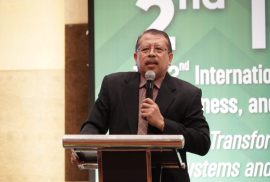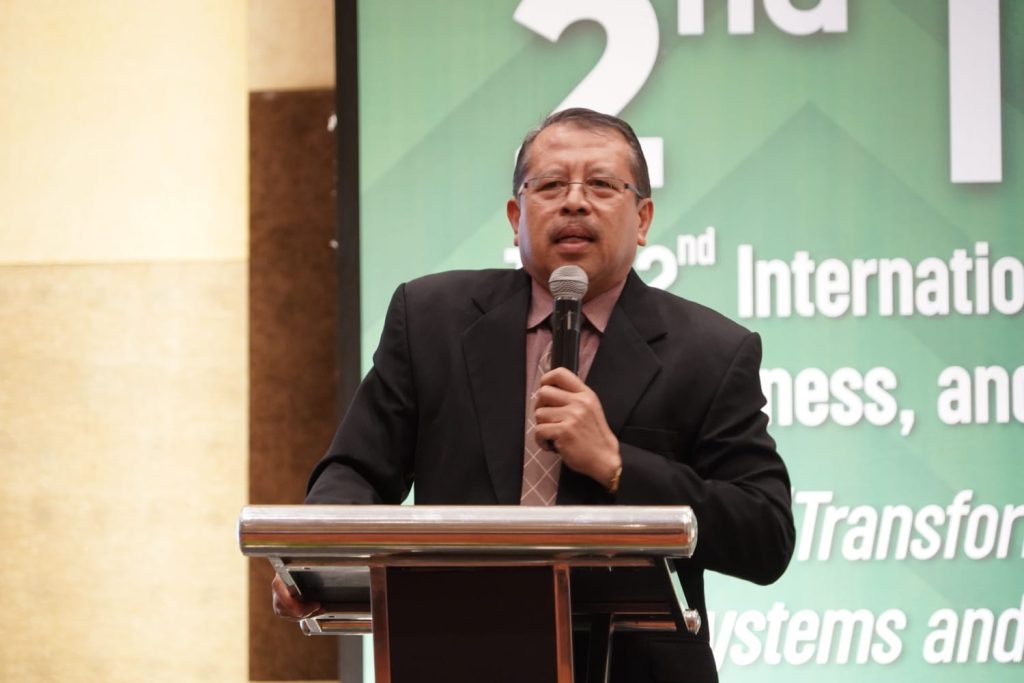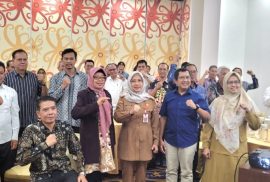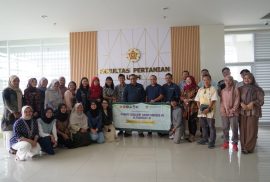In today’s global era, agriculture faces significant challenges due to the increasing greenhouse gas (GHG) emissions, which threaten water resources, soil quality, and plant growth environments. To address this, the adoption of Low Emission Development (LED) in agriculture has become crucial in reducing GHG emissions, ensuring a healthy farming system, and promoting economic, social, and environmental improvements in crop and livestock production while contributing to climate change mitigation.
SDG 15: Life on Land
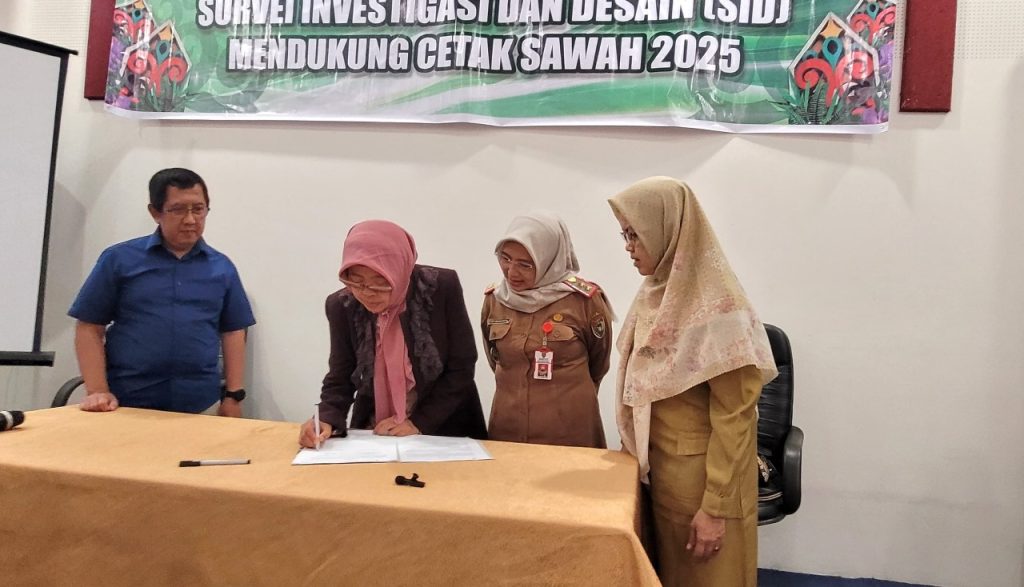
The Faculty of Agriculture, Universitas Gadjah Mada (Faperta UGM) has established a collaboration with the Indonesian Ministry of Agriculture to conduct a Survey Investigation Design (SID) in support of the Quick Wins 2025 Rice Field Expansion program. The signing of the cooperation contract took place on Tuesday, 29 October 2024, at Hotel Palangka Raya, Jekan Raya, Palangka Raya. The agreement was signed by Prof. Dr. Ir. Sri Nuryani Hidayah Utami, M.P., M.Sc., IPU, as the head of the Faculty of Agriculture UGM team, and Ir. Sunarti, M.P., Head of the Central Kalimantan Provincial Agricultural Office for Food Crops, Horticulture, and Livestock.
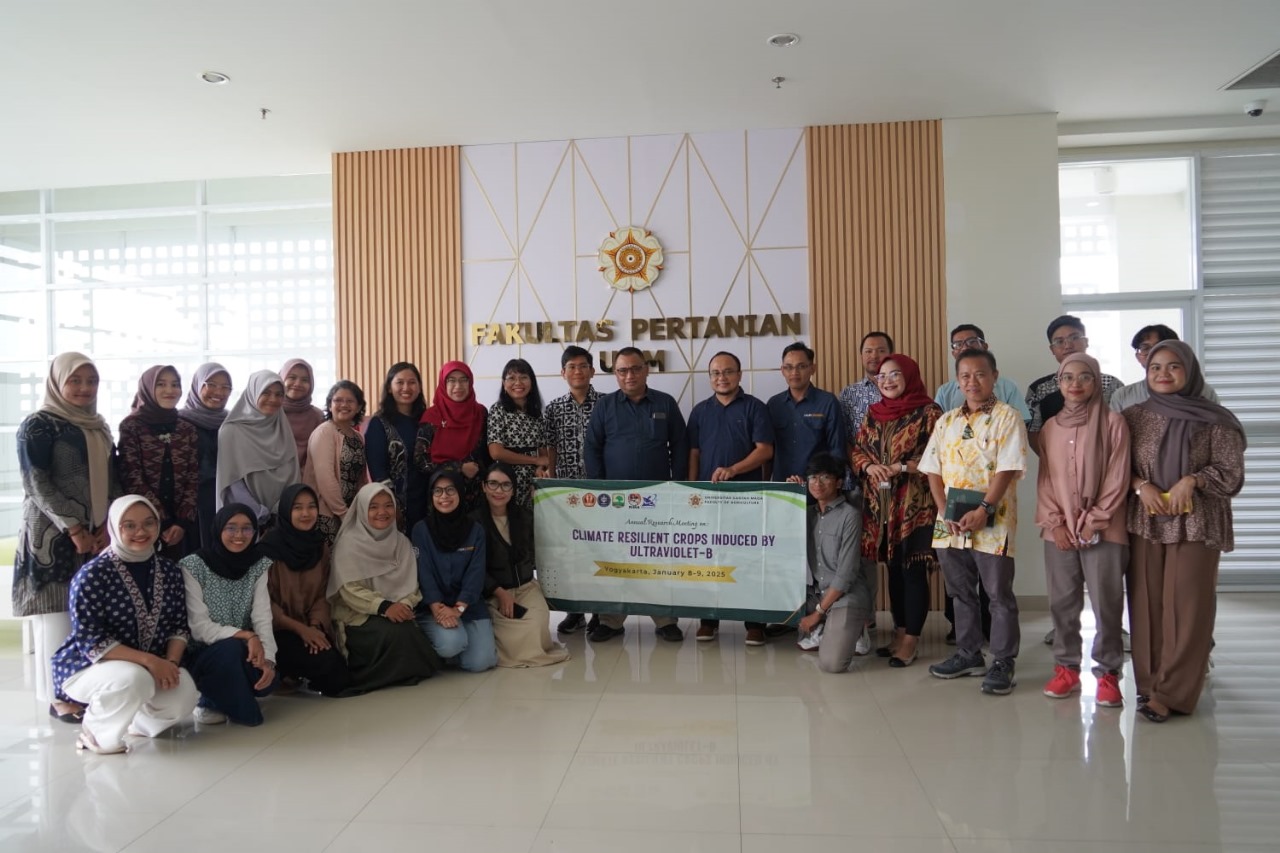
The Faculty of Agriculture, Universitas Gadjah Mada (Faperta UGM), hosted the Annual Research Meeting on Climate Resilient Crops Induced by Ultraviolet-B, held on Wednesday, 8 Januray 2024 at the Venture Room, 6th Floor of the Agrotropica Learning Center (AGLC) Building, Faculty of Agriculture UGM. This event is a follow-up to the research project titled “Study on the Expression of Several Shallot Resistance Genes Induced by UV-B Light Against Biotic Stress of Moler Disease.“ The research project is part of the Strategic Research Collaboration Implementation Contract (KATALIS) for the 2024 Fiscal Year, in collaboration with Universitas Padjadjaran, IPB University, and Universitas Andalas.

